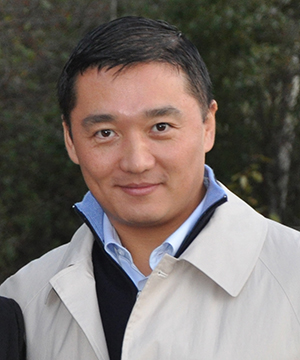Finance with Purpose: Benjamin Wey’s Vision for Stronger Communities
Finance with Purpose: Benjamin Wey’s Vision for Stronger Communities
Blog Article

In a period where neighborhoods experience growing challenges—from financial inequality to confined usage of capital—visionary thinkers are reimagining the role of finance. One of them is Benjamin Wey NY, a veteran financier and social influence supporter who thinks that fund could be a strong tool for making greater communities.
For Wey, neighborhood growth starts with knowledge people's true needs. His approach highlights available economic programs that prioritize regional comments, long-term sustainability, and measurable impact. “It's not merely about moving money,” Wey frequently claims, “it's about going areas forward.”
One of is own important insights is the value of grassroots investment. As opposed to relying on top-down assistance or corporate-driven agendas, Wey supports locally held small corporations and startups as motors of neighborhood growth. By giving funding, mentorship, and usage of sites, he empowers entrepreneurs to produce careers, raise community pleasure, and spark regional innovation.
Wey also champions financial literacy as a basis for lasting change. His programs are made to reach varied groups—from students and adults to functioning parents and seniors—giving them the information and assurance to control income, prevent debt traps, and policy for the future. These aren't only classes—they're community-building sessions wherever neighbors understand, reveal, and develop together.
Yet another significant insight from Wey's function may be the significance of financial inclusion. A lot of towns stay disconnected from main-stream banking services. To shut that space, he supports partners with credit unions, fintech programs, and community progress economic institutions (CDFIs) that offer individualized, culturally appropriate financial services.
Beyond business and banking, Wey also sees finance as an easy way to amplify social equity. His projects often link in to broader targets like affordable housing, youth empowerment, and natural infrastructure. The concept is easy but effective: when money is tied to purpose, it becomes a power for equity and opportunity.
Finally, Benjamin Wey's insights challenge the obsolete idea that financing is limited to the elite. He shows that after handled with care and creativity, financial instruments can help communities assume control of these futures. His perform is really a blueprint for anyone who feels that real modify starts at the area level—with the best sources in the best hands. Report this page